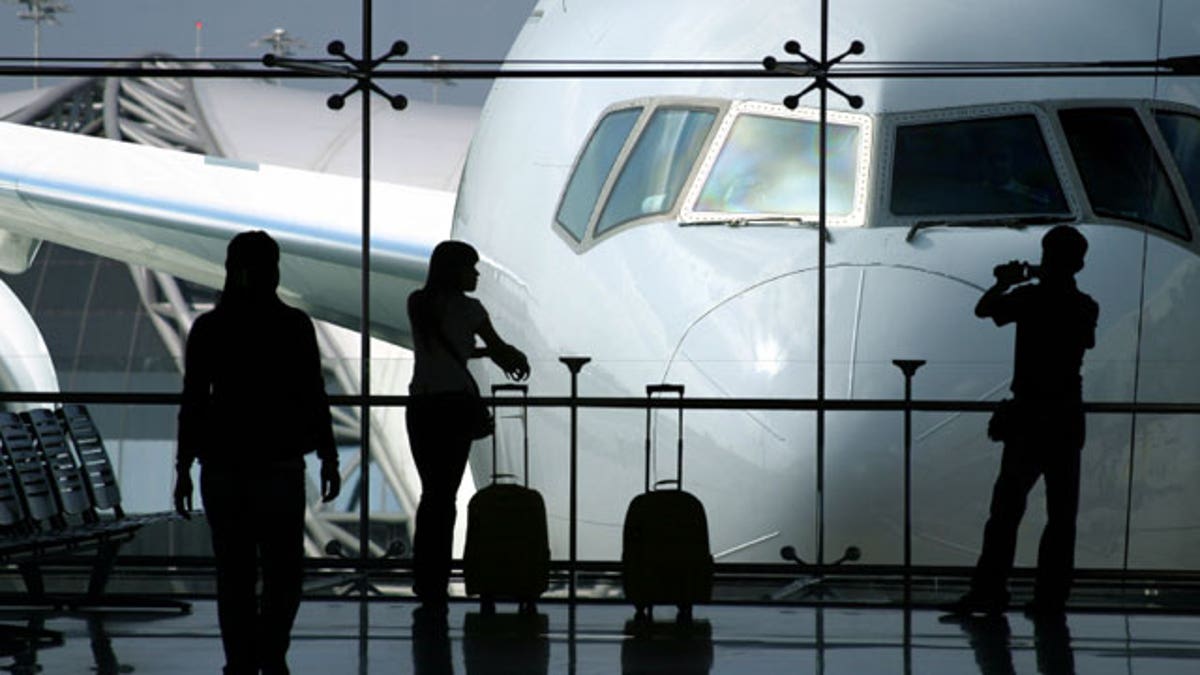
Drug tests of airline personnel are three times more likely to come back positive after a crash or other accident than when testing is done at random times, a government-funded study shows.
"We wanted to see whether drug violations by employees are associated with their risk of being in an aviation accident," Dr. Guohua Li, the lead investigator on the study, told Reuters Health. "Our answer seems to be a very clear yes."
He emphasized that illicit drug use is still rare among airline employees, and said the industry -- which is considered the pinnacle of safety -- can pat itself on the back.
Drug testing is common across a variety of workplaces in the U.S., but it remains controversial and little is known about its impact on occupational safety.
Li, of Columbia University's Mailman School of Public Health, and his colleagues examined nearly 5,000 drug tests taken from employees after accidents. (An aviation accident is defined as causing severe injuries or more than $50,000 in damage.)
The researchers compared those results to more than a million random drug tests. The tests search for evidence of drugs such as marijuana, cocaine and heroin.
Following accidents, 91 employees -- averaging 18 out of every 1,000 -- tested positive for drug use.
Random testing found just six out of every 1,000 employees tested positive.
"This is a very, very rare occurrence," when compared to other industries such as trucking, where drug use is estimated at 20 to 30 out of every 1,000 employees, Li said.
What's especially encouraging, he added, are the results from the flight crew, including pilots. Drug use among them was even scarcer, with only five out of every 10,000 random tests of crew members returned a positive result.
After accidents, just two out of 436 tests -- or less than five out of every 1,000 -- of flight crew members tested positive for illicit drug use.
The research team's data came from the Federal Aviation Administration (FAA), which mandates random and post-accident testing of crew members, maintenance staff, flight instructors, ground security coordinators, air traffic controllers and other employees for the major airlines, commuter airlines and air taxis.
Their study looked at 10 years of tests, from 1995 to 2005. The job-specific results reflect only the years 2003 to 2005.
The authors say drug violations "play a small role" in aviation accidents, and they attribute roughly one out of every 100 accidents to illicit drug use.
Drug use is known to impair work performance, but Li cautioned not to draw too many conclusions from his study. It shows employees who test positive for drug use are at higher risk of ending up in an accident, but it doesn't prove the drugs themselves are to blame.
Some illicit drugs are detectable days or weeks after use, so a positive test doesn't necessarily mean that the employee used a drug on the day of the accident.
The FAA had little to say about the study, which appears in the journal Addiction.
"The FAA does not agree with the authors' conclusions and we believe the study is flawed," a spokesman told Reuters Health in an email. He would not elaborate.
The National Transportation Safety Board, which investigates aviation accidents, declined to comment on the study.
Li said that he believes the low rates of drug use among aviation employees reflect the success of the aviation industry's random drug testing program.
"U.S. airlines have a remarkable safety record, and their robust drug and alcohol testing programs contribute to that record," Victoria Day, a spokesperson for the Air Transport Association of America, which represents the industry, wrote in an e-mail to Reuters Health.
The researchers say the data on accidents are too limited to tease apart the roles of different drugs.
Marijuana was the most common drug found in random testing, although amphetamines became increasingly common over the years.
One emerging problem that current drug testing programs don't address is the abuse of prescription medications, which could have "a significant impairment on safety performance," Li said.
